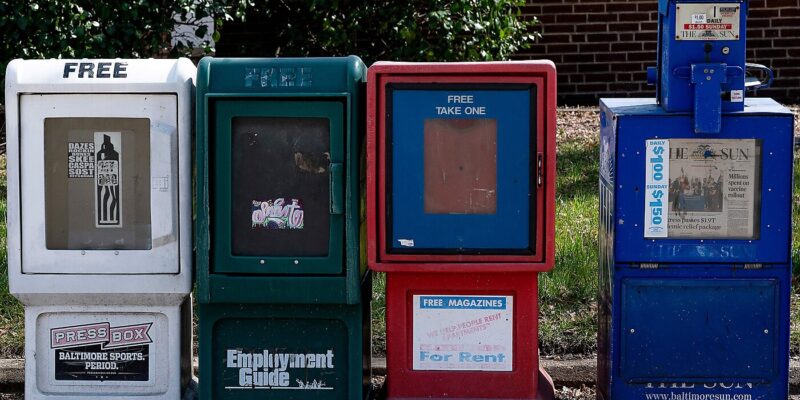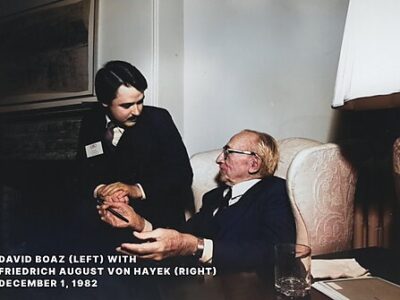
My policy analysis of the Journalism Competition and Preservation Act (JCPA) is now online.
In a nutshell, the JCPA and similar link taxes in California, Canada, and Australia would be a government‐mandated cross‐subsidy from Big Tech to Big Ink. And while link tax proponents say they want to save small, local newspapers from bankruptcy, the actual link tax bargaining mechanism would primarily benefit larger, regional newspapers that have already found a solid footing in the digital marketplace. Instead of saving local newspapers, a link tax would perversely fuel further consolidation in the news industry.
Worse yet, a link tax would create a radical and novel quasi‐property right in information that targets the basic infrastructure of the modern internet. We take it for granted today, but the “web” in “world wide web” is a reference to the billions of hyperlinks that seamlessly and costlessly bind together discrete websites from around the world into an interconnected whole.
A link tax introduces friction and cost into that process by asserting that those wanting to merely link to the web address of news content need paid permission. It’s a form of digital enclosure, taking information that was once “free as the air to common use” and putting it behind a wall.
While a link tax may return some financial value to the newly endowed rights holder, it will create a far larger informational deadweight loss on consumers. A link tax would mean fewer news articles from fewer newspapers reaching fewer consumers.
The JCPA is a bad idea, but state‐level “baby link taxes” like that which recently passed the California Assembly (and is awaiting a State Senate hearing) could be even worse:
California’s proposed link tax, the CJPA, would cause that fragmentation to run even deeper. Not only would we see the further devolution of the World Wide Web into various Nation Wide Webs, but the internet in the United States might end up being fractured into 50 different instances, some with aggregated access to news and some without, and 50 different compensation schemes. Were this kind of state‐by‐state regulation of the internet to pass muster under the Commerce Clause — which remains to be seen — it would create a precedent for additional transfers from tech companies to favored local industries. Such a patchwork approach to internet regulation would be a recipe for disaster for American predominance in online innovation. It would be ironic if California, the home of Silicon Valley and a birthplace of the modern internet, were ultimately responsible for that failure.
For more, check out the full analysis here.








